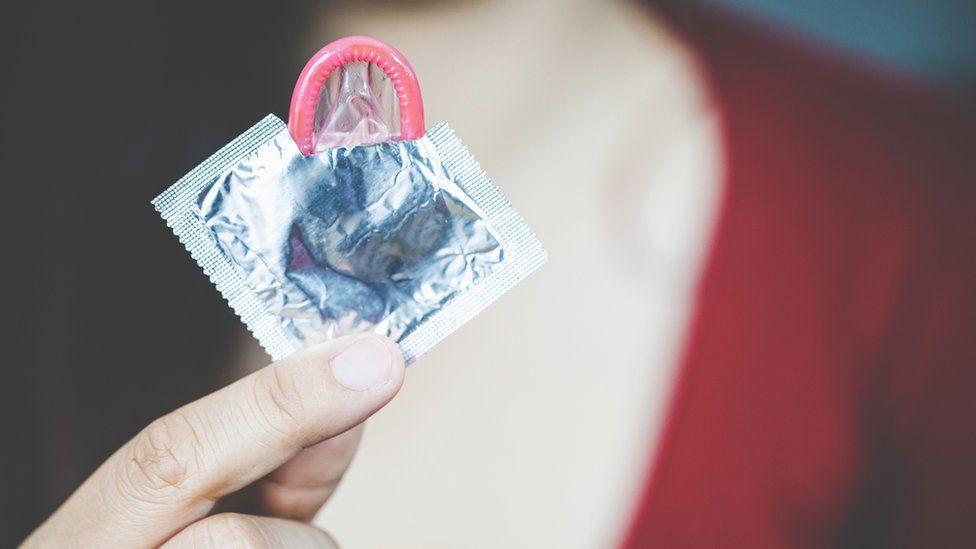Infection
Use a condom to avoid gonorrhoea, freshers told
University students are being urged to use a condom if having sex during freshers’ week to protect themselves against record levels of gonorrhoea.
Diagnoses of the sexually transmitted infection have soared, and 15 to 24-year-olds are most likely to catch it, say UK health officials.
Gonnorhoea can be treated with antibiotics but can also cause problems if left untreated.
Students are advised to get a free test before having sex with a new partner.
Many people do not show symptoms, which means people often pass on infections during sex without realising it.
“Condoms are the best defence against STIs,” says Dr Katy Sinka, head of sexually transmitted infections at the UK Health Security Agency (UKHSA).
“If you didn’t use one the last time you had sex with a new or casual partner, please do get tested even if you are not showing any symptoms. It’s free and confidential.
“If you’re a student going to university for the first time or returning for a new year, it’s a good idea to get tested before you start having sex with a new or casual partner.”
Greater spread
Gonorrhoea cases increased by more than 50% last year to more than 82,500, the UKHSA says, with 19 and 20-year-olds seeing the largest rise.
Among 15-24 year olds in 2022, there were 400 sexually transmitted infections diagnosed every day.
Gonorrhoea and syphilis at record high in England
People urged to take gonorrhoea tests as cases rise
More testing may be one of the reasons behind the spike in gonorrhoea numbers, but experts say there is likely to be a greater spread of STIs in the population as well.
They are also worried that antibiotics no longer fight off the infection as well they used to, meaning there’s a risk it could become impossible to treat in the future.
The NHS UK website says gonorrhoea symptoms usually appear within two weeks of being infected, but could start much later.
Symptoms include:
- green or yellow discharge from the vagina or penis
- pain when peeing
However, about 10% of men and 50% of women who are infected do not have any symptoms.
Get a test
That is why wearing condoms and getting tested are so important, says sexual health charity Brook.
Tests are even available for free in some areas.
“If you or your partner don’t like wearing condoms, remember they are available in different shapes, sizes, textures, colours and flavours which can make sex more fun,” says Laura Domegan, head of nursing at Brook.
Don’t wait for symptoms to appear if you’ve had unprotected sex, the charity says – just get a test anyway.
You can order a home-testing kit to be posted to you through the Brook website.
Many sexual health clinics in the UK now offer free STI self-testing kits too. You can find out more about where to get a free testing kit on the Sexwise website.
Other types of STI include chlamydia, genital warts, genital herpes and trichomoniasis.
Related Internet Links
-
Gonorrhoea – NHS
-
Sexually transmitted infections (STIs) – NHS

